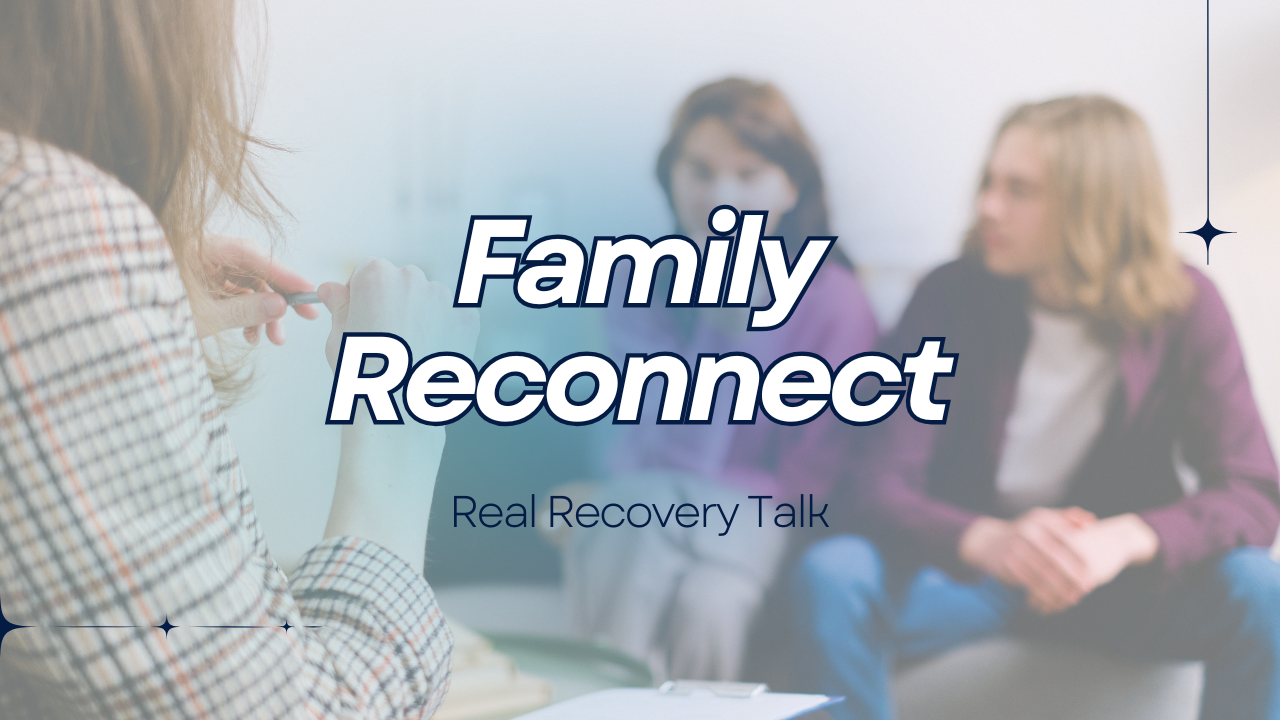
Sobriety After 40: Why It’s Not Too Late To Get Sober And Rebuild Your Life
Nov 06, 2025
The Lie That Keeps You Stuck After 40
A lot of people hit 40, 45, even 50 and think the window has closed. “I’ve been drinking too long.” “I tried and failed.” That belief is the biggest barrier. The truth is different. It is not too late. In fact, you might be in the best position you have ever been to get sober and build a life you actually want to live.
Quitting alcohol or drugs is one choice. Creating a life that makes sobriety the obvious choice is the work. This article shows what recovery looks like after 40, how to approach detox safely, practical steps that work in real life, and why your best years can still be ahead.
Why Age Can Be An Advantage In Recovery
You have mileage. You know what matters. Careers, kids, grandkids, responsibilities. That perspective becomes fuel. When you get honest about what you want the next 20 or 30 years to look like, clarity shows up. Sobriety stops feeling like punishment and starts feeling like alignment.
Questions to ground your decision:
-
What do I want the second half of my life to stand for
-
Who needs me healthy and present
-
How do I want to be remembered by my family
Honesty is the starting line. You can do this.
Rock Bottom Looks Different After 40
There is no universal bottom. For some it is a doctor’s warning about liver disease or cognitive decline. For others it is a spouse who is done. Sometimes it is the quiet realization that your kids do not trust you the way they used to. Your moment is the one where the pain of staying the same becomes greater than the pain of change.
You do not have to lose everything to start. You only need to decide.
Detox And Early Sobriety: What To Expect And How To Stay Safe
Medical safety first. Detoxing from alcohol or benzodiazepines like Xanax, Ativan, or Valium can be dangerous and sometimes life-threatening. Seek medical care for detox. Do not do it alone.
The first weeks can be uncomfortable. Sleep is rough at first, then improves. Energy and mental clarity begin to return. Emotions swing. This is normal. The key is to stay connected and not white-knuckle alone.
Your early-recovery checklist:
-
Medical evaluation to plan a safe detox.
-
Drug treatment support that fits your reality
-
Inpatient treatment
-
Outpatient programs
-
Sober coaching and peer support
-
-
Daily connection with people who have months or years of sobriety.
-
Simple structure for sleep, meals, movement, and meetings.
-
A short list of people to call before you pick up.
Time Is Your New Superpower
Early on you win by minutes and hours. Stack hours into days. Stack days into weeks. At six months you may hit a wall and think about quitting. This is common. It is also the moment that defines your future. Double down on connection. Ask for help. Let other people carry you for a while. That is how you build long-term sobriety after 40.
Rebuilding After 40: Health, Relationships, Work, Purpose
Sobriety gives you space to rebuild the things alcohol or drugs took from you.
-
Health: people lose weight, normalize blood pressure, and feel energy they forgot they had.
-
Relationships: trust can be rebuilt with time and consistency. You show up. You keep your word.
-
Work and finances: clarity returns. Many rebuild businesses or grow careers with focus that alcohol never allowed.
-
Purpose and joy: you remember what you like. You become available for your kids’ milestones and the boring Tuesday nights that make a life.
Recovery is not just abstinence. It is transformation through action.
Service Is Jet Fuel For Sobriety
Helping someone who is where you were changes everything. It keeps you humble and grateful. It turns your pain into a roadmap for others. If you have a solution that works, share it. Service cements sobriety.
A Simple Plan To Start Today
-
Tell the truth to yourself and one safe person.
-
Call your doctor or a local detox program to discuss a safe plan if alcohol or benzodiazepines are involved.
-
Pick a support path and mark it on your calendar
-
Meeting schedule
-
Treatment intake date
-
Therapy start date
-
-
Build your team: two or three sober people you can text or call daily.
-
Write a one-sentence mission for the next year. Keep it visible.
-
Do the next right thing for the next hour. Repeat.
Watch The Full Conversation
Watch the full episode on YouTube
Support For Families: You Do Not Have To Carry This Alone
If you love someone who struggles with alcoholism or addiction, you are not powerless. You need tools, boundaries, and community.
Join Family Reconnect: practical education, weekly support, and a private community for families who want to help without enabling.
Talk To Us
If you are over 40 and ready to change, we are here.
-
Or email [email protected]
You can do this. Your family needs the healthiest version of you.


